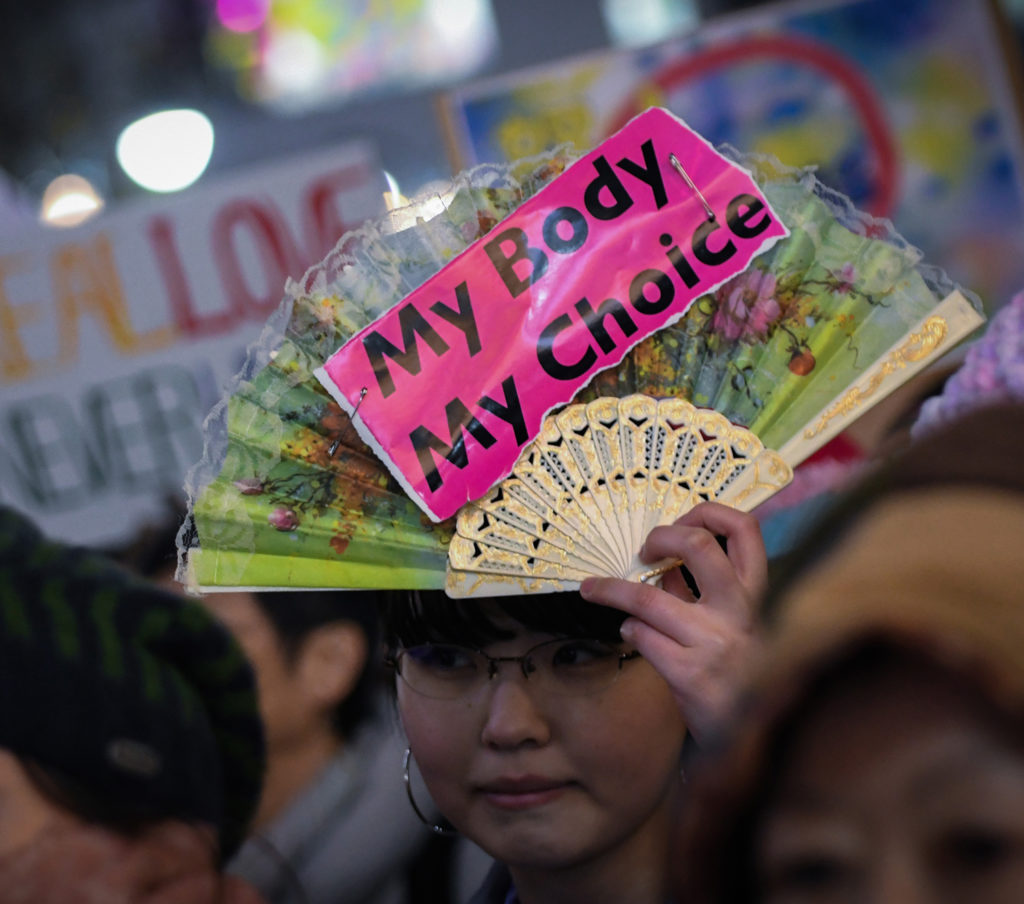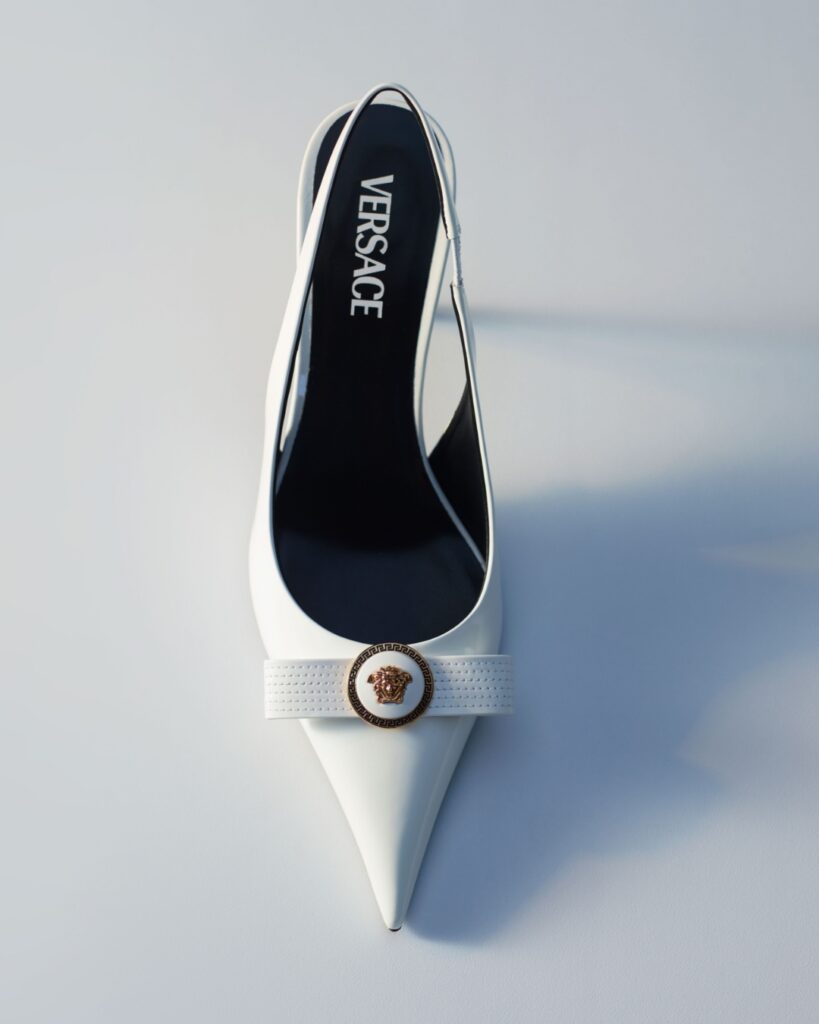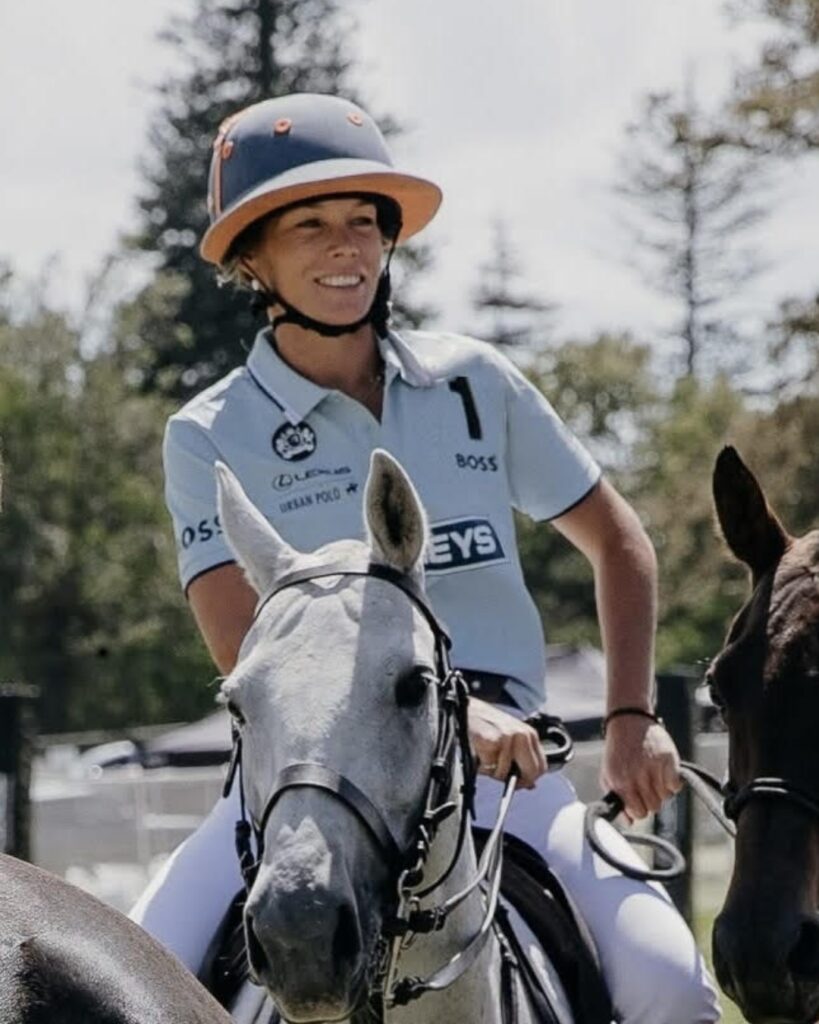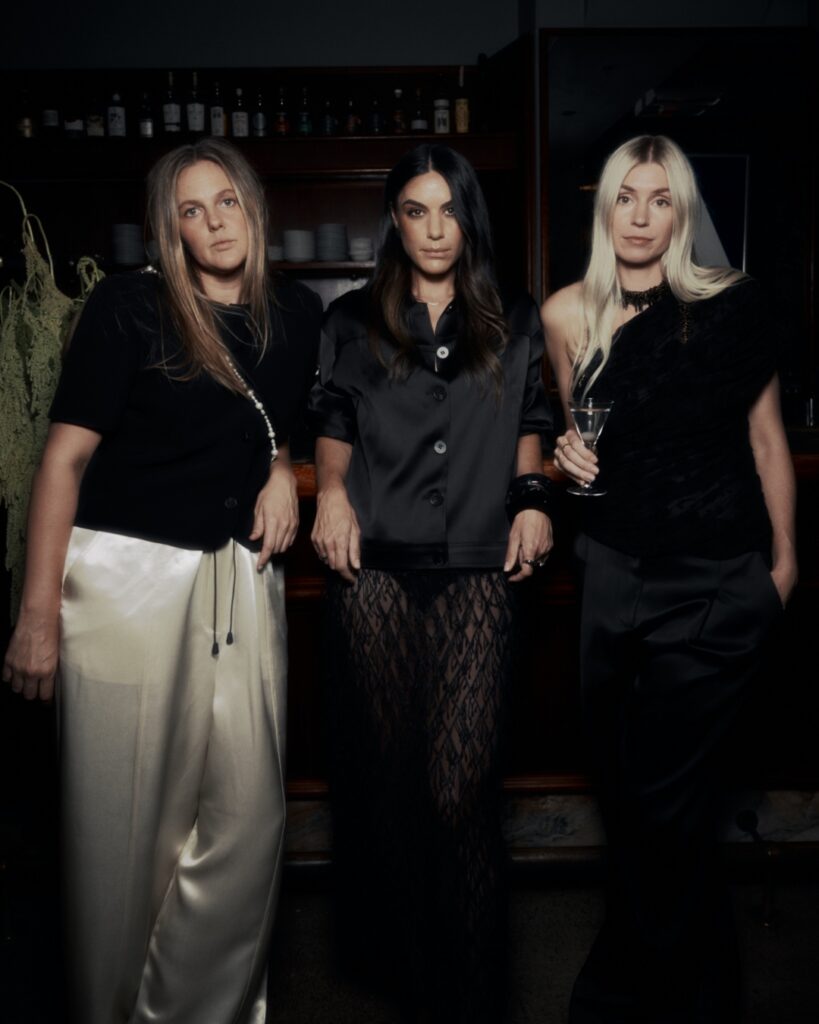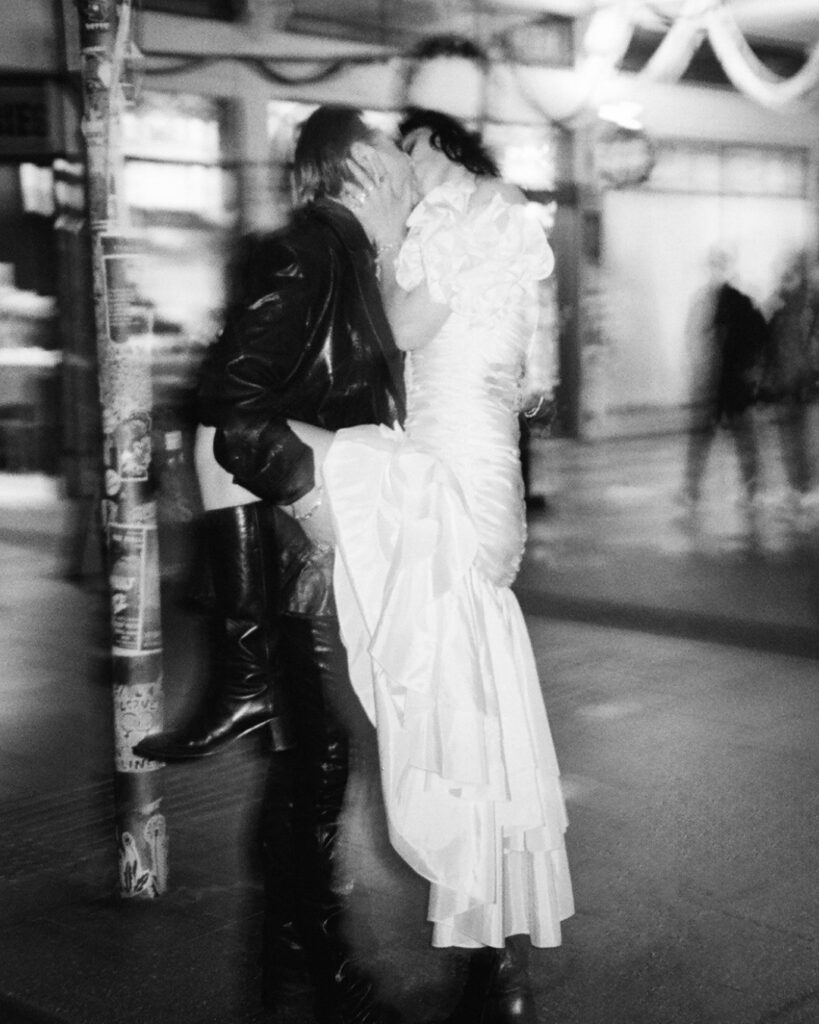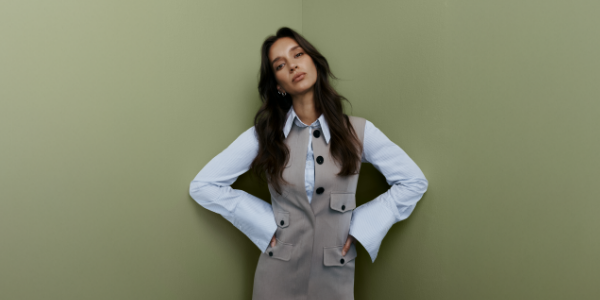With equality the theme of International Women’s Day for 2020, we explored how we’re doing on that and other key fronts.
It’s International Women’s Day again, and we thought it was the perfect time to take a look at how womenfolk and femme-identifying people are doing since last year in a few key areas; far from a comprehensive list, instead, we chose to highlight some key topics.
In recent news, according to a new study by the United Nations Development Programme, 9 out of 10 people have a bias against women. Cool news! Inherent bias is something everyone who it affects (women, minority groups, the LGBTQI+ community, people with access needs) will experience on a daily basis, and having data to back that up is validating.
So on that tremendously positive note that inspires hope for the future, let’s get stuck in shall we?
WINS
#MeToo
After what has felt like years of discussions, movie mogul Harvey Weinstein was finally charged and convicted of two counts of sexual assault (he was acquitted of three). These charges came after over 90 women (which we can assume is the tip of a very large, traumatised iceberg) came forward with their experiences of inappropriate behaviour from Weinstein, covering everything from lewd comments to rape, spanning three decades.
It was a victory for the #MeToo movement – founded by civil rights activist Tarana Burke – and Weinstein joins a raft of men to face reckoning for their behaviour. Around the world, in countries like Nigeria, Bangladesh and many many more, women are uniting to fight against sexual harassment and assault.
But… Justice for survivors of sexual assault and abuse continues to be hampered by the statute of limitations in many legal systems around the world. Countries like Australia and the United States both have statutes of limitations that apply to sexual assault crimes. New Zealand doesn’t, however in our Crimes Act sexual assaults are classified as “crimes against religion, morality and public welfare” rather than “crimes against the person” as is the case for murder or aggravated assault.
Women in charge
On lighter, more fashion-centric note, there are more women than ever before in charge of luxury design houses, with Virginie Viard at Chanel, Clare Waight Keller at Givenchy and Maria Grazia Chiuri at Dior. They join the ranks of other major women-led brands, including Prada (Miuccia), Comme des Garçons (Rei Kawakubo), Stella McCartney, Alexander McQueen (Sarah Burton), and Vivienne Westwood.
But… Gender equality still plagues fashion. Though women hold the majority of roles throughout the industry, the most powerful, well-paying jobs are held by men.
Ethical fashion
The groundswell of support for ethical fashion is not only good for the environment, it’s good for women too. Fashion is a feminist issue, and the majority of garment workers are women of colour. So by investing in brands that ensure their employees at all levels of the supply chain have safe working conditions and fair pay, we can support and uplift other women.
Climate change
Around the world young women are leading both conversations and action around the climate emergency. Locally, young women are in pivotal roles at many of the grassroots organisations driving change, such as Brianna Fruean of Pacific Climate Warriors and Sophie Handford of School Strike for Climate NZ.
But… Action is slow, denial is still common, and it is becoming clear that women are more vulnerable to the impact of climate change; according to the UN they represent the majority of the world’s poor, and are more dependent than men on threatened natural resources, and are the victims of violence fuelled by the stress and opportunities created by global warming.
Abortion reform in NZ
In great news, the Abortion Legislation Bill, a reform that will decriminalise abortion and make it easier to obtain, has passed its second reading in Parliament.
But… We’re not out of the woods yet. And the voting margin was narrower than the first reading of the Bill. Stay tuned.
Glastonbury
With 42% of the artists at this year’s Glastonbury Festival women, a move championed by festival organiser Emily Eavis, the lineup is making gains on what used to be an incredibly male-dominated field; in 2015 the lineup was 86% male.
But… Since 2007, over 80 percent of headliners at Glastonbury were men.
LOSSES
Pay equity
From November 18 in 2019, women in New Zealand effectively worked for free until January 1. It was worse for Māori and Pasifika women, they started working for free even earlier than that – from October 12 and September 29 respectively. The pay gap has fallen 40 percent in 20 years, now sitting at 9.3 percent; but it has been plateaued since 2017. While the statistics use a median income, that doesn’t take into account the different kinds of work done by men and women (women are more likely to work in lower-paying jobs and work less hours) or the impact of having and raising children, and looking after elderly family members.
The Grace Millane trial
The defense case hinged on blatant victim-blaming, female witnesses were brought to tears, and intimate details of the victim’s life were published around the world while the now-convicted accused enjoyed name suppression. The trial, and other similar cases around the world, have led to calls for the law to be changed around consensual strangulation as a defense.
The Oscars
Though Bong Joon-ho’s Parasite took out the big prize, the event is still clearly aimed at celebrating white men. The nominations and obviously, the winners at this year’s Academy Awards were dominated by men and stories about men, with women and people of colour vastly excluded. Cynthia Erivo was the only black actor nominated for an award, and there were no female directors acknowledged at all.


